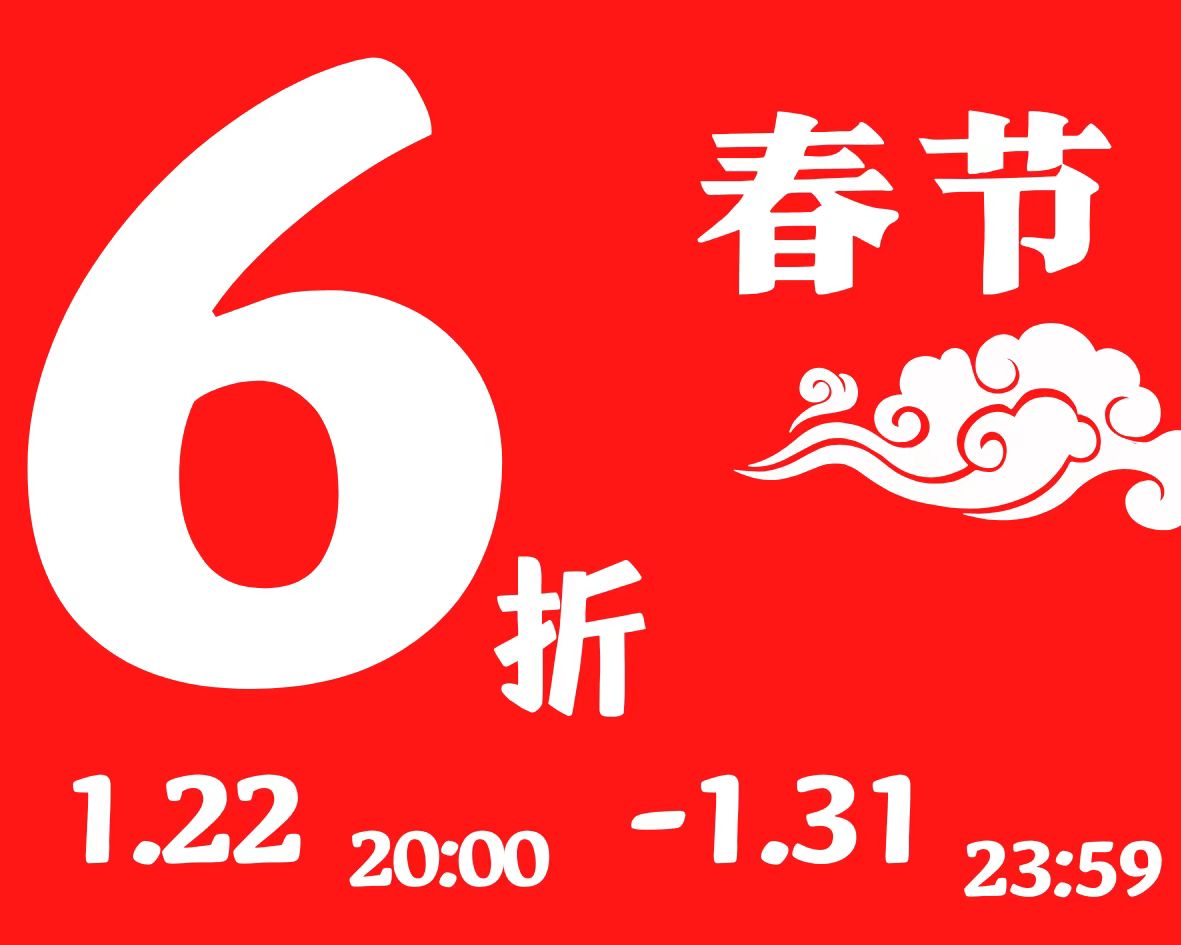题目描述
假设Andy和Doris想在晚餐时选择一家餐厅,并且他们都有一个表示最喜爱餐厅的列表,每个餐厅的名字用字符串表示。
你需要帮助他们用最少的索引累加值找出他们共同喜爱的餐厅。 如果答案不止一个,则输出所有答案并且不考虑顺序。 你可以假设总是存在一个答案。
样例
输入:
["Shogun", "Tapioca Express", "Burger King", "KFC"]
["Piatti", "The Grill at Torrey Pines", "Hungry Hunter Steakhouse", "Shogun"]
输出: ["Shogun"]
解释: 他们唯一共同喜爱的餐厅是 “Shogun”。
输入:
["Shogun", "Tapioca Express", "Burger King", "KFC"]
["KFC", "Shogun", "Burger King"]
输出: ["Shogun"]
解释: 他们共同喜爱且具有最小索引和的餐厅是 “Shogun”,它有最小的索引和 1 (0+1)。
注意
- 两个列表的长度范围都在 [1, 1000] 内。
- 两个列表中的字符串的长度将在 [1,30] 的范围内。
- 下标从 0 开始,到列表的长度减 1。
- 两个列表都没有重复的元素。
算法
(哈希表) $O(n)$
- 将第一个人的列表加入
unordered_map哈希表,记录每个字符串对应的索引下标。 - 然后遍历第二个人的列表,在哈希表中寻找字符串,然后求出索引累加值更新答案即可。
时间复杂度
- 哈希表插入和查询的时间复杂度为 $O(1)$,故总时间复杂度为 $O(n)$。
C++ 代码
class Solution {
public:
vector<string> findRestaurant(vector<string>& list1, vector<string>& list2) {
unordered_map<string, int> hash;
int ans = INT_MAX;
vector<string> ans_set;
for (int i = 0; i < list1.size(); i++)
hash[list1[i]] = i;
for (int i = 0; i < list2.size(); i++) {
unordered_map<string, int>::iterator it;
it = hash.find(list2[i]);
if (it != hash.end()) {
if (ans > it -> second + i) {
ans = it -> second + i;
ans_set.clear();
ans_set.push_back(list2[i]);
}
else if (ans == it -> second + i)
ans_set.push_back(list2[i]);
}
}
return ans_set;
}
};

